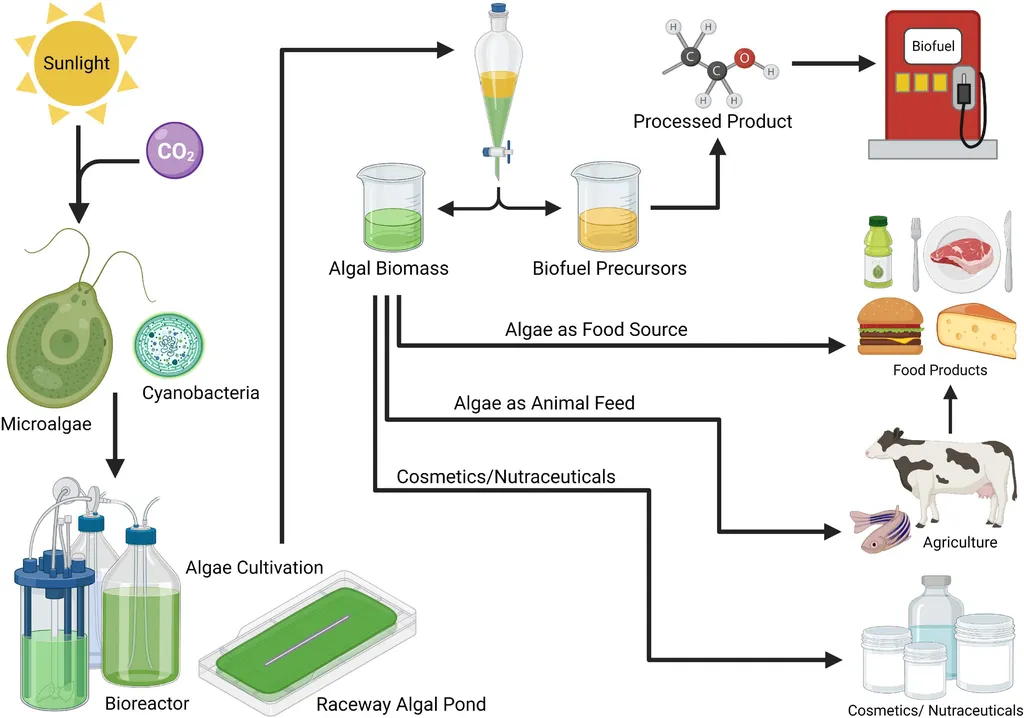In the quest for sustainable solutions to bolster food security and agricultural productivity, scientists are turning to an often-overlooked resource: marine algae. A recent review published in *Food Frontiers* sheds light on the potential of algal-derived bioactives to revolutionize the food and agriculture industries. Led by Sara Chadorshabi from the Student Research Committee at Tabriz University of Medical Sciences in Iran, the research delves into the multifaceted applications of these bioactives, from enhancing nutritional value to promoting crop growth and pest management.
Marine algae are teeming with essential bioactive compounds, including polyunsaturated fatty acids, proteins, polysaccharides, and polyphenols. These compounds exhibit a range of biological activities, such as antioxidant, antimicrobial, anti-inflammatory, and even anticancer effects. In the food industry, these properties make algal bioactives valuable for improving nutritional content, enhancing texture, and serving as natural preservatives. “The versatility of these compounds is truly remarkable,” Chadorshabi notes. “They can be integrated into various food products, not only to improve shelf life but also to boost their health benefits.”
The agricultural sector stands to gain significantly from these findings. Algal bioactives can be used as biostimulants, biofertilizers, and biopesticides, enhancing soil fertility and promoting increased crop productivity. This is particularly relevant in an era where sustainable and low-carbon agricultural practices are increasingly prioritized. “By integrating algal bioactives into farming practices, we can reduce the reliance on synthetic chemicals, thereby minimizing environmental impact,” Chadorshabi explains. The review also highlights the potential of nanotechnology to enhance the efficacy and delivery of these compounds, opening up new avenues for innovation in the field.
However, the path to widespread adoption is not without challenges. Safety and regulatory compliance issues, such as heavy metal contamination and potential allergic reactions, pose risks to consumer health. Additionally, the grassy taste and fishy odor associated with marine algae can limit consumer acceptance. Despite these hurdles, the review underscores the potential of algal biomass to support a circular economy and reduce environmental impact through carbon sequestration and recycling.
The research not only provides a comprehensive overview of the main biomolecular compounds derived from marine algae and their applications but also addresses the safety, regulatory, and consumer acceptance issues associated with these compounds. It also explores future directions and innovations, offering a roadmap for the integration of algal bioactives into the food and agriculture industries.
As the world grapples with the challenges of climate change and food security, the findings of this review offer a glimmer of hope. By harnessing the power of marine algae, we can pave the way for a more sustainable and resilient future. The research published in *Food Frontiers* by Chadorshabi and her team serves as a catalyst for further exploration and innovation, driving the agriculture sector towards a greener and more productive tomorrow.

